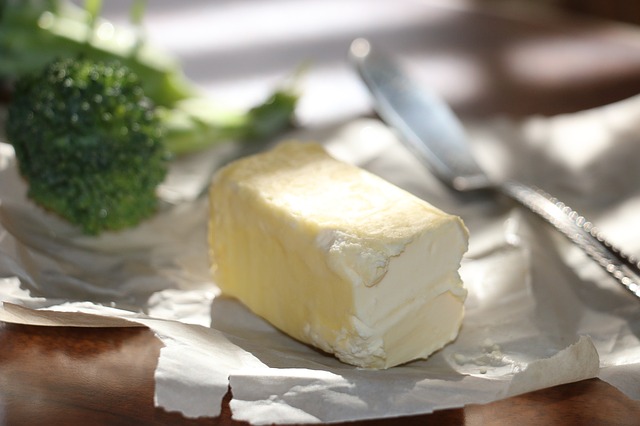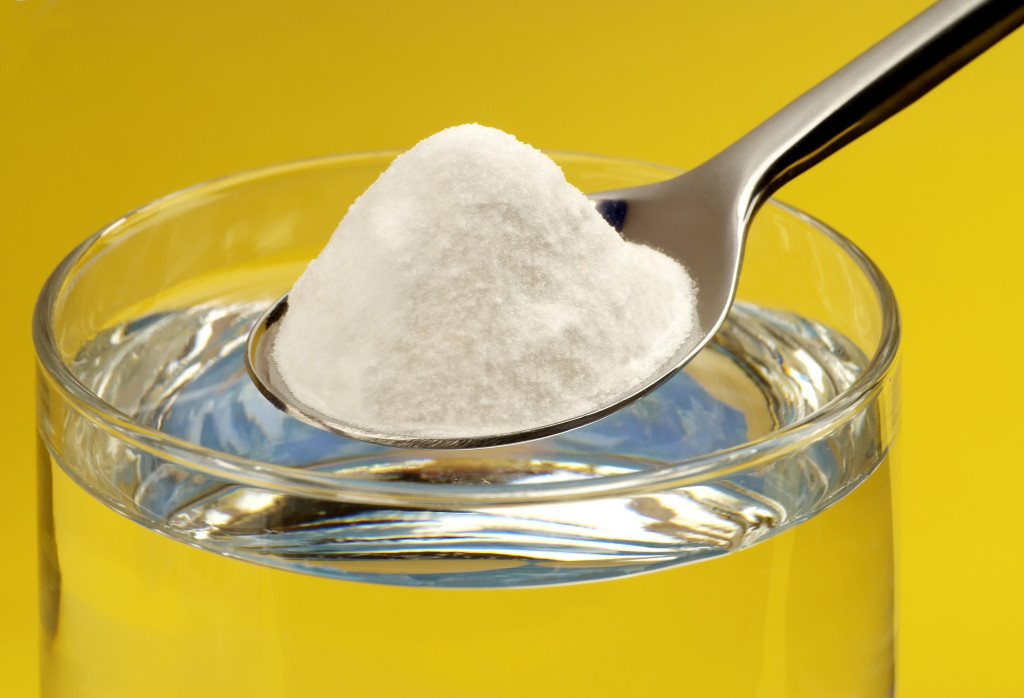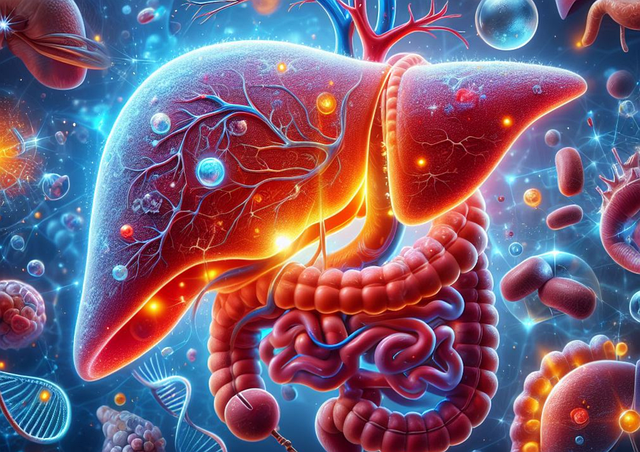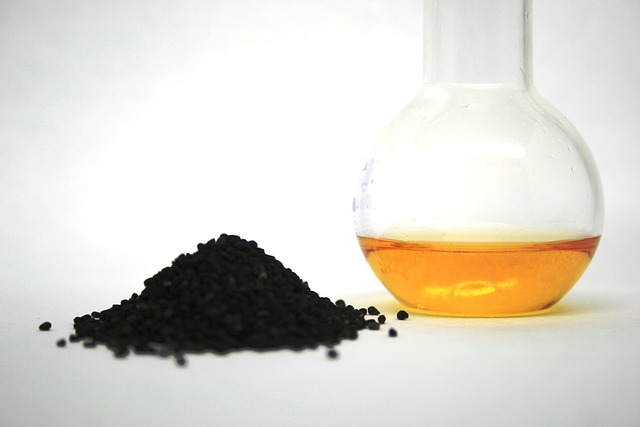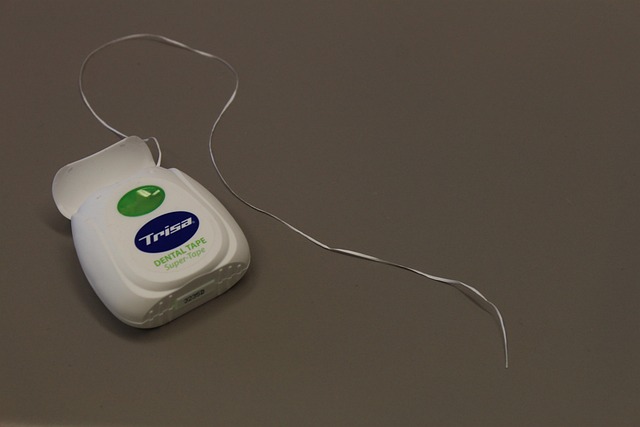Since 2020, the SARS-CoV-2 spike protein has become one of the most intensely studied biological structures in modern medicine. While originally discussed only in the context of viral infection, the spike protein itself has since been the focus of independent research and clinical discussion related to inflammation, coagulation, and cellular stress.
Several physicians and researchers — including Dr. Barbara O’Neill and Dr. Peter McCullough — have publicly discussed nutritional and enzymatic strategies that may help support the body’s natural ability to break down inflammatory proteins and metabolic byproducts associated with spike protein activity.
Why the Spike Protein Matters
The spike protein has been shown in laboratory and clinical observations to interact with:
- Inflammatory signaling pathways
- Endothelial (blood vessel) function
- Fibrin and clotting mechanisms
- Oxidative stress at the cellular level
Because the human body already has built-in protein-clearing systems — including the liver, kidneys, immune system, and enzymatic pathways — many clinicians emphasize supporting these systems rather than suppressing them.
Systemic Enzymes and Protein Breakdown
Systemic enzymes are proteolytic compounds that work beyond digestion. When taken away from meals, they circulate in the bloodstream and assist with breaking down excess proteins, fibrin, and inflammatory debris.
Dr. Peter McCullough has discussed a protocol focused on supporting vascular health and natural clearance mechanisms, rather than targeting symptoms alone.
Key Enzymes Frequently Discussed
Nattokinase
Nattokinase is an enzyme derived from fermented soy (natto) and has been studied for decades for cardiovascular support.
- Proteolytic: Helps break down excess proteins
- Thrombolytic: Supports fibrin and clot breakdown
- Anti-atherosclerotic: Supports arterial resilience
Commonly discussed dosage: 2,000 FU (units) twice daily, taken away from food.
Bromelain
Bromelain is a proteolytic enzyme extracted from pineapple stems. It has been widely studied for its effects on inflammation, immune modulation, and circulation.
- Proteolytic: Assists protein breakdown
- Anti-inflammatory: Supports cytokine balance
- Anti-coagulant properties: Supports healthy blood flow
Commonly discussed dosage: 500 mg once daily, taken between meals.
Curcumin: Inflammation & Fibrosis Support
Curcumin, the active compound in turmeric, has been one of the most researched natural anti-inflammatory agents in the world.
- Anti-inflammatory: Helps regulate inflammatory signaling
- Anti-fibrotic: Supports healthy tissue remodeling
- Anti-viral activity: Demonstrated in laboratory studies
Curcumin is frequently discussed alongside systemic enzymes because inflammation and protein accumulation often occur together.
Commonly discussed dosage: 500 mg twice daily (preferably with enhanced bioavailability).
Heavy Metals & Cellular Stress
Beyond protein activity, some clinicians emphasize that heavy metal accumulation can worsen oxidative stress and impair detoxification pathways.
Spirulina
Spirulina is a nutrient-dense algae studied for its ability to bind certain heavy metals and support antioxidant activity.
- Supports natural detox pathways
- Rich in chlorophyll and phycocyanin
- Supports mitochondrial and immune health
For this reason, spirulina is often included as part of broader cellular support strategies.
What About People Who Were Never Injected?
Some medical professionals have publicly discussed the possibility of environmental exposure through circulation of spike-related proteins. While this remains an area of ongoing debate and research, many individuals choose to support their detoxification and enzymatic pathways proactively, rather than waiting for symptoms to appear.
This approach mirrors long-standing wellness principles used for air pollution, heavy metals, and chronic inflammatory stress.
Important Perspective
These strategies are discussed within the context of supporting the body’s natural systems — not as cures, treatments, or replacements for medical care. Individual needs vary, and anyone with medical conditions or taking medications should consult a qualified healthcare professional.
As research continues to evolve, interest in enzymatic, nutritional, and cellular support remains strong — not out of fear, but out of a growing desire to understand how the body heals itself.
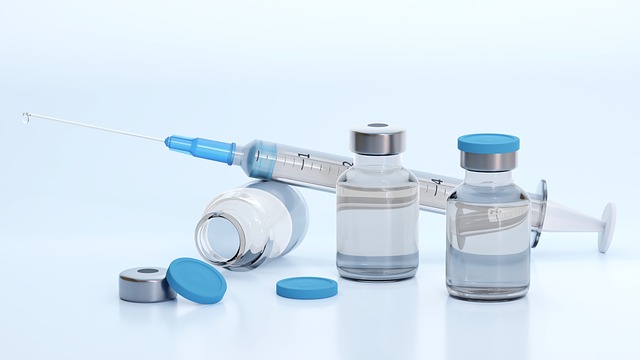
 For decades, wisdom teeth have been treated as useless leftovers — something to remove before they “cause problems.”
For decades, wisdom teeth have been treated as useless leftovers — something to remove before they “cause problems.”
